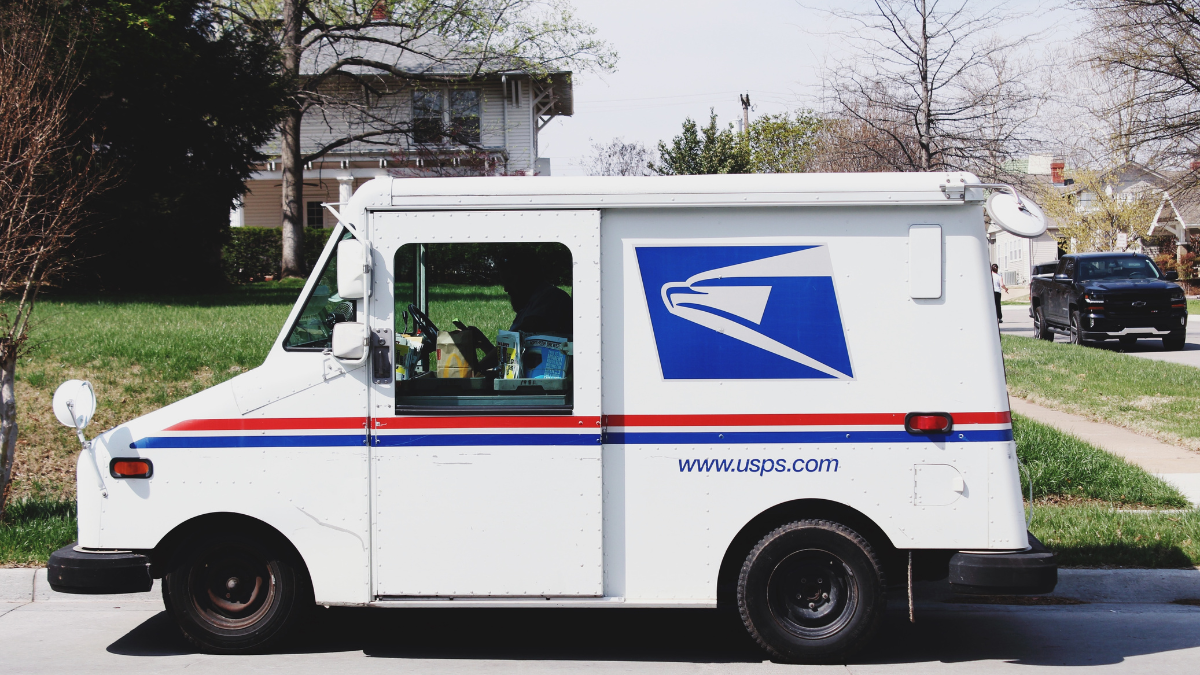

Court Grants Religious Accommodations in the Workplace
The Court ruled that U.S. Post Office employee Gerald Groff could not be forced to work on Sundays.
07/14/23
John Stonestreet Timothy D Padgett

The cases involving affirmative action and Lorie Smith and 303 Creative have received the most attention from the recent Supreme Court term, but another ruling has important implications for religious liberty. The Court ruled that U.S. Post Office employee Gerald Groff could not be forced to work on Sundays.
Thanks are due to Groff and his lawyers at The First Liberty Institute. In the past, employers could get away with merely offering lip service to religious exemptions for workers because any vaguely defined “undue hardship” for the bosses overrode their faith concerns. Now, employers must demonstrate that accommodating an employee’s faith would entail a “substantial increased cost” before demanding their conformity.
The ruling is a final blow to the “now abrogated” Lemon Test that hampered religious liberty for a half-century. It also provides legal standing for challenging other impositions on religious liberty at work—such as being forced to use “preferred pronouns,” or post rainbow flags, or join “pride” marches.
Topics
discrimination
First Liberty Institute
Freedom of Expression
Law
LGBTQ
Pride month
Religious Freedom
Religious Liberty
SCOTUS
Have a Follow-up Question?
Up
Next

Related Content

© Copyright 2020, All Rights Reserved.













